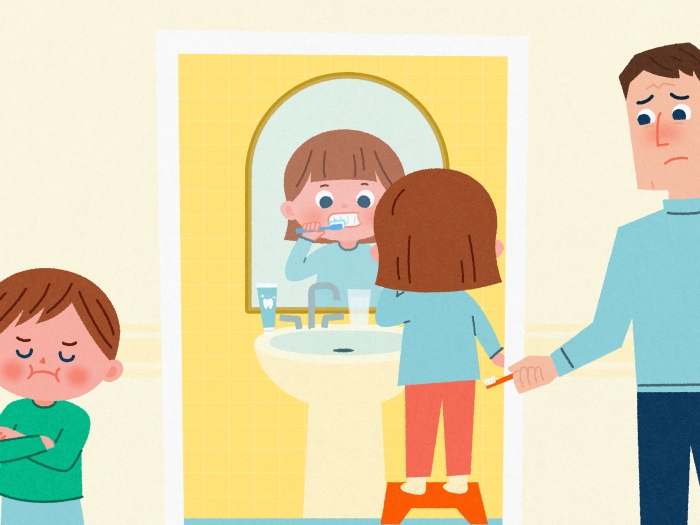I know the title sounds approximately as riveting as not at all, but I've been thinking a lot about it since I've started my ICU month. While I've been reflecting on the medical decisions I'm making, in the time I take to process everything I've seen, I've been focused more on those we expect the patients and families we care for to make. We call on them during their most dire hours and ask them to consider options they don't necessarily understand, to weigh risks and benefits that are hard to put into context, and to make calls that no one ever wants to have to make. And they do it. Not always with the calm and rational process that would be easiest for the physicians working for them, but more often than not with an incredible degree of grace and reflection mixed into the grief and frustration.
The conversations are almost always accompanied by a great deal of sighing, sobbing, and shouting, which can be disconcerting to those of us working to provide medical care. I think what made me most frustrated back when President Obama's plans to encourage the discussion of advanced directives turned into a death panel debacle, was the callousness of it with regard to the families of critically ill patients. How many of the individuals who were most loudly heard during that national discussion had been in the position of trying to determine the appropriate goals of care for a loved one at the end of life? I'd hazard a guess that there were very few. Anyone who has had to weigh these questions, particularly without the benefit of a signed document crafted by the patient him/herself charging the course ahead, would think twice about protesting a more considered approach.
With or without a mandate from the government, however, I increasingly believe that physicians and other healthcare providers have a serious obligation to discuss end of life care with all of their patients. A few questions about code status when a person is hospitalized (i.e., whether or not an individual would want chest compressions, shocks to the heart, or other measures to bring back a patient whose heart has stopped while in the hospital) are simply not enough. Although I have been impressed with the way many of my teachers and mentors have navigated these challenging situations with hospitalized patients and their loved ones, I can't help but wish that as a nation we could pause, reflect on what we want from our last weeks, days, and hours, and take a moment to write it down.
Looking for more resources on Advanced Directives and Living Wills? Check here for the UMHS Publication.

Department of Communication at Michigan Medicine
Want top health & research news weekly? Sign up for Health Lab’s newsletters today!




